19 January 2025
When we dive into the world of video games, it's hard to ignore the impact of modding. If you're part of the gaming community, you've probably heard about mods—those nifty little creations (or sometimes massive overhauls) that tweak, enhance, or completely transform a game's experience. But have you ever stopped to think about how modding plays a crucial role in the early access scene? Yep, mods aren't just a side hustle for gamers; they're often a driving force behind whether a game thrives or fizzles during its early access phase. Let’s break down why modding and early access are a match made in gaming heaven.
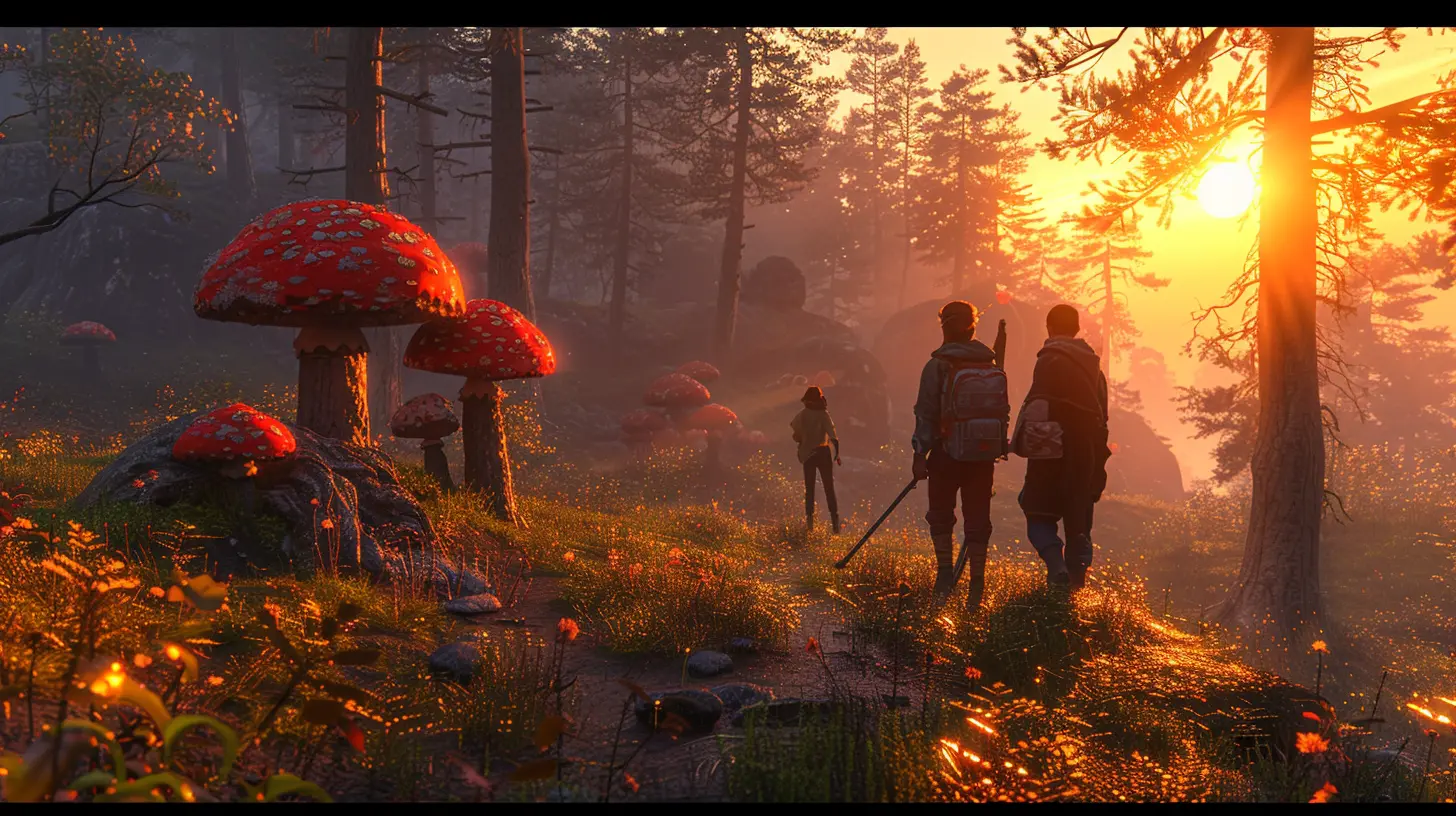
What Is Early Access?
Before we jump into modding, let’s make sure we're all on the same page about early access. Early access games are essentially unfinished titles that developers release to the public while they’re still a work in progress. Think of it like a movie trailer, except you get to actually play it. The idea is simple: players pay to jump in early, and in return, they get access to the game while it’s still being developed. This setup lets developers gather feedback, fix bugs, and—if things go well—build a loyal community around the game.The risk? Well, sometimes, early access games never actually leave "early access." Or worse, they flop because the developers can’t iron out all the kinks. This is where modding often swoops in to save the day.
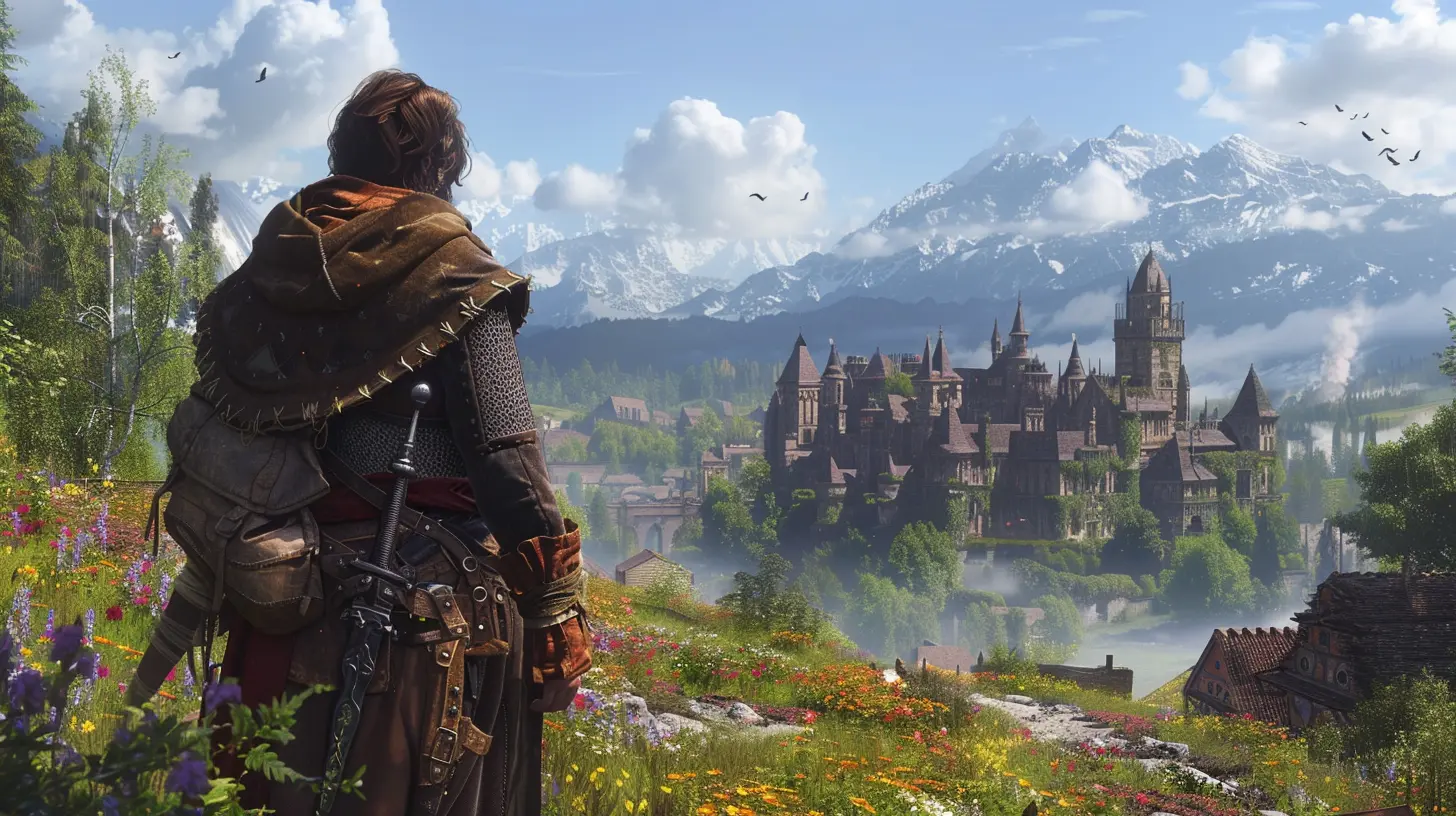
What Exactly Is Modding?
Modding (short for "modifying") is the act of altering a game’s code, assets, or mechanics to create something new. Mods can be as small as a quality-of-life tweak (like adding a custom user interface) or as huge as entirely new levels, characters, or storylines. Think of mods like the secret sauce that players add to make their favorite games just a little tastier—or turn them into a five-star feast.Popular games like The Elder Scrolls V: Skyrim or Minecraft have thriving modding communities, with thousands of mods available for players to download. From graphical improvements to gameplay enhancements, mods are often a major reason why players stick with a game long after its release. In early access, however, modding takes on a slightly different role.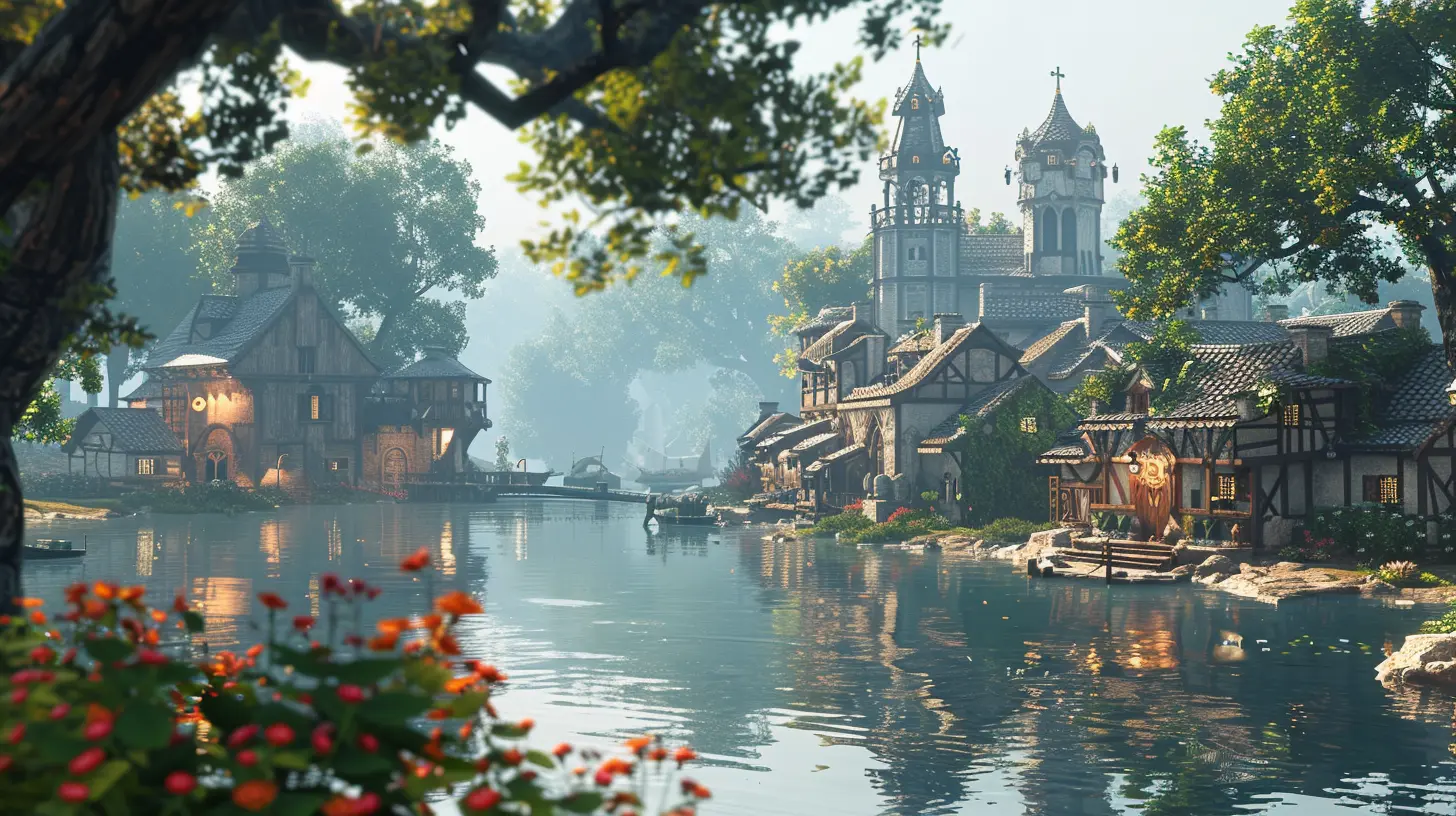
How Modding Shapes the Early Access Scene
Ever heard the phrase “teamwork makes the dream work”? That’s basically how modding and early access work together. Early access games are often rough around the edges—missing features, mediocre graphics, or gameplay mechanics that don’t quite hit the mark. This is where modders step in. They’re like the volunteer firefighters of the gaming world, rushing in to patch up holes and sometimes adding entirely new content that keeps players coming back.Here are a few key ways modding influences early access games:
1. Filling the Gaps in Content
Early access games are notorious for being incomplete—and that’s completely fine because, well, that’s the point. But let’s be real: no one wants to shell out cash for a bare-bones experience. This is where modders come in. They create mods that introduce missing features, expand limited content, or enhance existing gameplay mechanics.For example, imagine an early access survival game where you can build shelters, but there’s no cooking system yet. A modder might create a cooking feature that players can use while waiting for the developers to officially implement it. In many cases, these mods become essential to the game’s ecosystem, giving players a reason to stick around.
2. Boosting Replayability and Longevity
One of the biggest challenges early access games face is keeping players interested. Let’s be honest, once you’ve seen everything an unfinished game has to offer, it’s easy to move on to the next shiny title. Mods solve this problem by adding fresh content and variety.Take, for instance, an early access RPG. Maybe there are limited character customization options or only a handful of quests to complete. Mods can expand these aspects with new hairstyles, armor sets, or quests. Suddenly, the game feels alive again, and players are more likely to stay engaged—giving developers more time to refine the core game.
3. Enhancing Community Engagement
Modding isn’t just about creating content; it’s also about fostering a sense of community. Early access games thrive on player feedback, and modders are often some of the most passionate fans. They’re not just playing the game—they’re actively improving it. This level of involvement creates a feedback loop where modders inspire devs, devs inspire modders, and the whole community benefits.Take Valheim, for example. This Viking-themed survival game exploded in popularity during early access, partly thanks to its modding scene. Players created mods to tweak everything from inventory management to adding magical spells. These mods not only kept the game in the spotlight but also strengthened the bond between players and developers.
4. Highlighting Unrealized Potential
Sometimes, modding reveals possibilities that developers didn’t even consider. Remember the famous “Battle Royale” mod for Arma 2? That mod spawned an entire genre of games, including hits like PUBG and Fortnite. Similarly, mods in early access games can showcase new directions for the game’s development.Developers often take inspiration from mods to implement official features. It’s like when a restaurant adopts a popular “secret menu” item and makes it part of their permanent offering. Modding is a proving ground for ideas that can shape the game’s final version.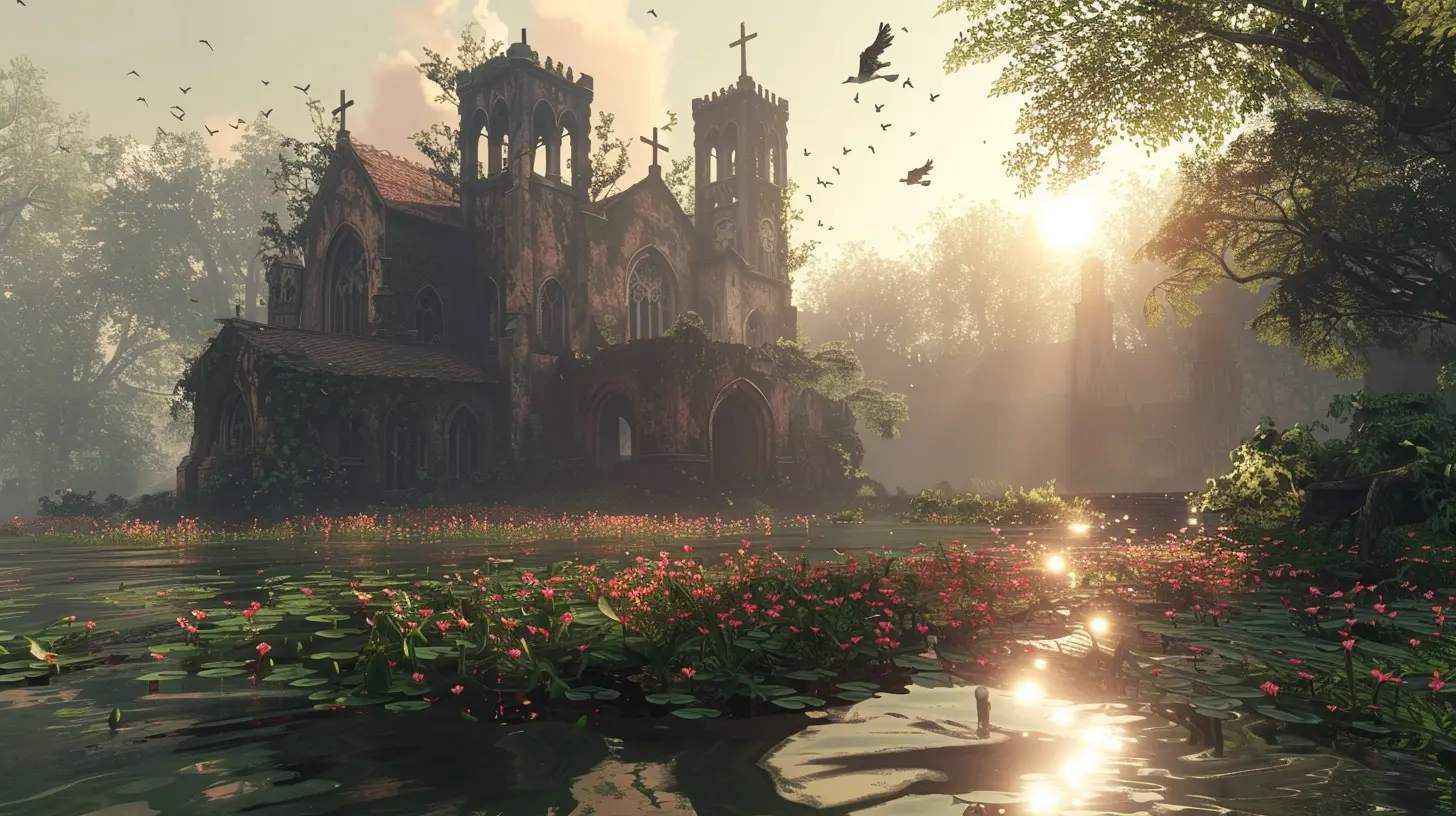
Challenges of Modding in Early Access
Of course, it’s not all sunshine and rainbows. Modding in the early access scene comes with its own set of challenges. Let’s look at a few hurdles:1. Game Updates Can Break Mods
One of the biggest frustrations for modders is when a game update renders their mods useless. Since early access games are constantly evolving, modders have to stay on their toes and update their work regularly. This can be a painstaking process, and sometimes it discourages modders from even bothering.2. Limited Tools and Resources
Modders often rely on tools like official modding kits or community-created editors to build their creations. However, early access games don’t always have these tools ready to go. A lack of resources can stifle creativity and keep modding communities from thriving.3. Balancing Mods with the Core Game
Mods are great, but they can also cause confusion for newcomers. If a mod becomes too popular, players might expect it to be part of the official game—only to be disappointed when it’s not. Developers need to strike a balance between embracing mods and focusing on the game’s core vision.Why Modding Is Here to Stay in Early Access
Despite the challenges, modding isn’t going anywhere. If anything, it’s becoming an even bigger part of the early access landscape. Why? Because it benefits everyone involved.For players, mods offer a way to customize and expand their gaming experience. For developers, modding keeps their game relevant and helps them build a dedicated community. And for modders, early access games are a sandbox for creativity—a chance to experiment and push the boundaries of what’s possible.
At its core, modding is about passion. It’s about gamers coming together to create something greater than the sum of its parts. And in the early access scene, that kind of collaboration can make all the difference.
Final Thoughts
The role of modding in the early access scene is enormous. It’s not just a nice-to-have feature—it’s often a lifeline that keeps games afloat during their most vulnerable stages. By filling content gaps, boosting replayability, and fostering community engagement, modding helps early access games reach their full potential.So, the next time you download a mod or tweak an early access game, take a moment to appreciate the unsung heroes behind it. They’re not just improving a game; they’re shaping the future of gaming itself.








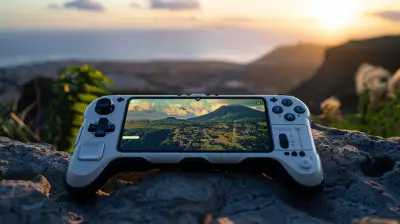
Zane Chapman
Modding significantly enriches the Early Access scene, allowing players to customize and enhance their gaming experience. It fosters community engagement, encourages creativity, and provides developers with valuable feedback to refine their games before full release.
April 6, 2025 at 3:19 AM